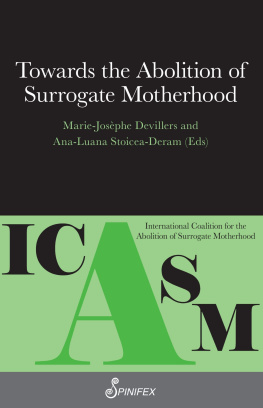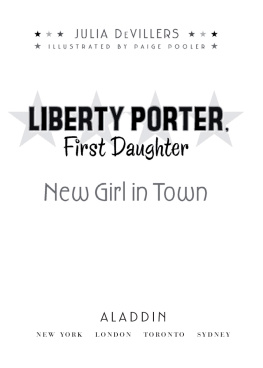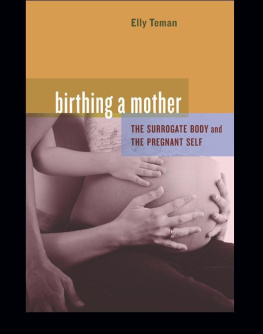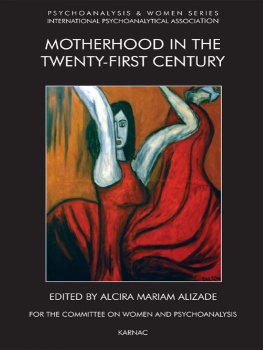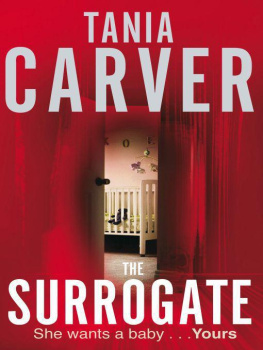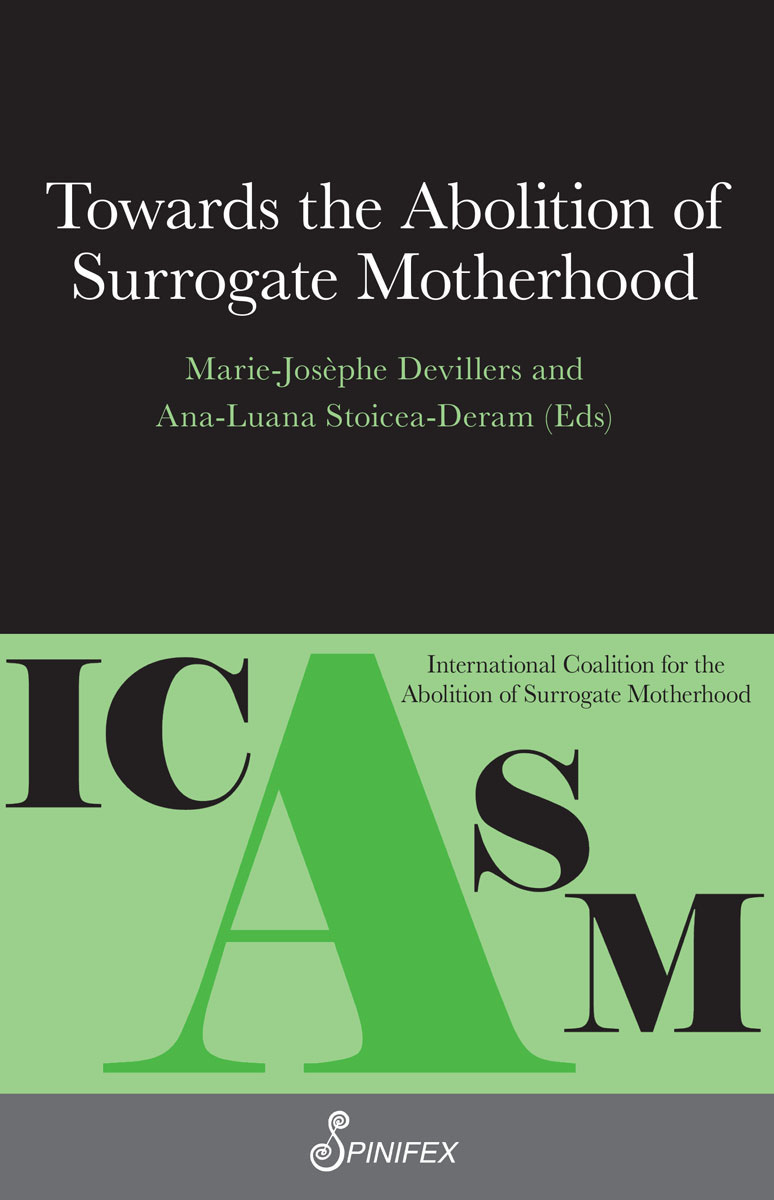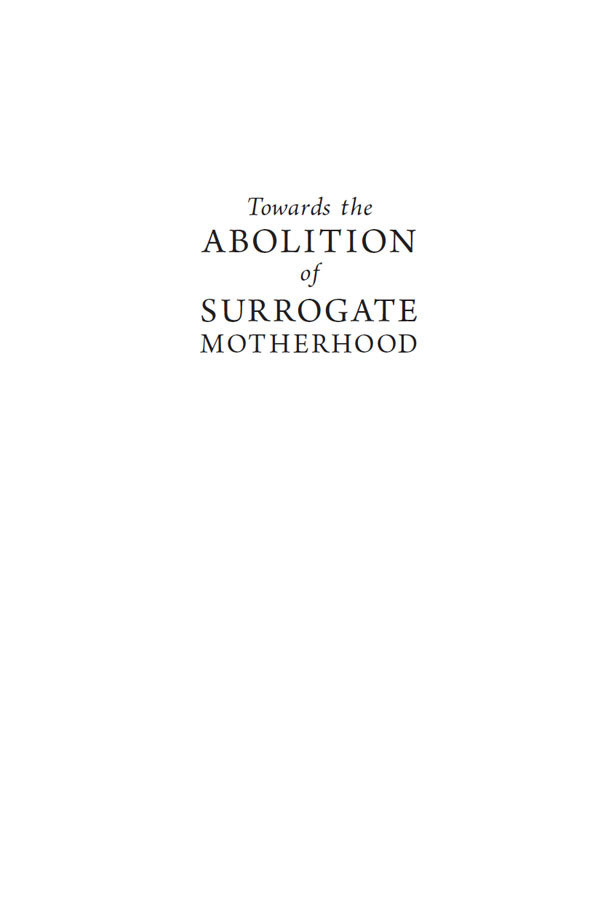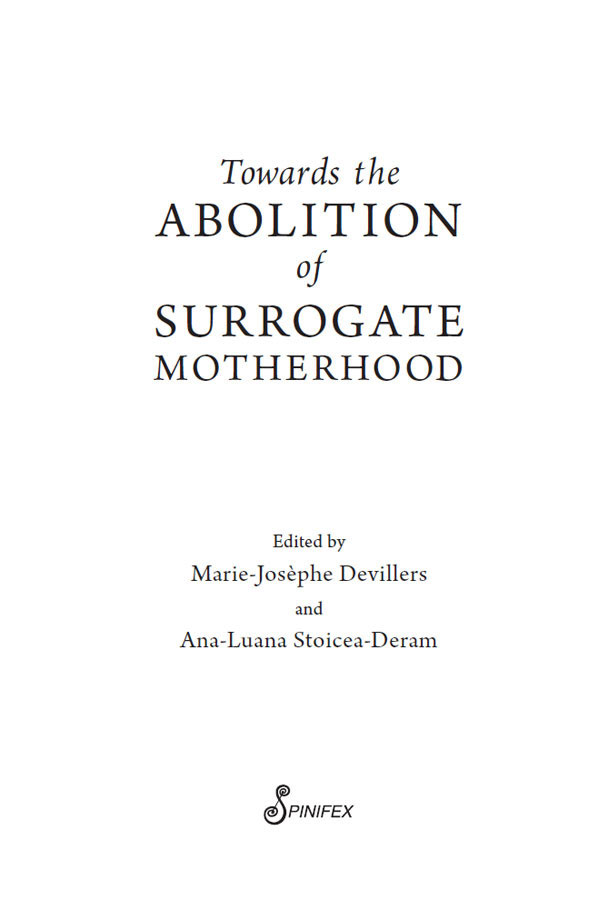Marie-Josphe Devillers, now retired, was an IT consultant. Despite a very busy professional career, she managed to be part of many lesbian feminist activist groups.
From 1992 onwards, she was involved in the organisation of the international lesbian-only festival Quand les lesbiennes se font du cinma in Paris, then in the setting up of cultural and festive events to emphasise the position of lesbians in the LGBT Pride March, as well as in the creation of a solidarity fund to act against lesbophobic violence. In 2013, Marie-Josphe was involved in the organisation of the EuroLESBOPride in Marseille.
Confronted, as early as 2011, with the homosexual demand that to use surrogacy is a right for gay men, she alerted feminist organisations about the need to counter this new trend among heterosexual people as well as gay men.
The creation of ICASM, the International Coalition for the Abolition of Surrogate Motherhood, which she co-founded and of which she is co-president, became the instrument of this fight.
Ana-Luana Stoicea-Deram teaches social policy at the Institut de Recherche et de Formation laction sociale de lEssonne (France). Previously, she taught at the University of Bucharest, the University of Paris XII and the Institute of European Studies (Paris).
In 2016, she coordinated a Special Issue What is Surrogacy for (East)-European Feminism? of Analize: Journal of Gender and Feminist Studies. In 2021, Revue des deux mondes published her article GPA: Une violence invisibilise qui affaiblit les droits des femmes. She also contributed to the book Les marchs de la maternit by Martine Segalen and Nicole Atha (Odile Jacob Publishing, Paris, Fall 2021).
As a womens rights activist, she is a member of AnA Society for Feminist Studies (Romania) and of the Collectif pour le Respect de la Personne (CoRP, France). She co-founded and co-chairs the International Coalition for the Abolition of Surrogacy Motherhood (ICASM).
First published by Spinifex Press, 2021
Spinifex Press Pty Ltd
PO Box 5270, North Geelong, VIC 3215, Australia
PO Box 105, Mission Beach, QLD 4852, Australia
www.spinifexpress.com.au
Copyright on the collection, Marie-Josphe Devillers and Ana-Luana Stoicea-Deram, 2021
Copyright on individual contributions remains with the authors
The moral right of the editors and contributors has been asserted.
All rights reserved. Without limiting the rights under copyright reserved above, no part of this publication may be reproduced, stored in or introduced into a retrieval system, or transmitted, in any form or by any means (electronic, mechanical, photocopying, recording or otherwise) without prior written permission of both the copyright owners and the above publisher of the book.
Copying for educational purposes
Information in this book may be reproduced in whole or part for study or training purposes, subject to acknowledgement of the source and providing no commercial usage or sale of material occurs. Where copies of part or whole of the book are made under part VB of the Copyright Act, the law requires that prescribed procedures be followed. For information contact the Copyright Agency Limited.
In-house editing by Renate Klein and Pauline Hopkins
Cover design by Deb Snibson, MAPG
Typesetting by Helen Christie, Blue Wren Books
Typeset in Arno Pro
Printed by McPhersons Printing Group
ISBN: 9781925950427 (paperback)
ISBN: 9781925950434 (ebook)
To all surrogate mothers who have died in surrogacy and to all abandoned children born of surrogacy
Contents
Preface: Resistance in Many Voices
Marie-Josphe Devillers and Ana-Luana Stoicea-Deram
In 1985, two books were published that are essential for understanding the place of women in contemporary democratic society: The Handmaids Tale and The Mother Machine. While Margaret Atwoods novel tells of a dystopian world, Gena Coreas investigation into reproductive technologies analyses a new reality that she was warning against. Both books show how, in a democracy, women are used for their reproductive functions as surrogate mothers, and how they are led to believe, at least some of them, that obedience to the commands of those who use them would be to their own advantage. This compliance by some of the women with their own reproductive exploitation supports, in Atwoods novel, the collapse of democracy and the installation of an authoritarian regime. Writing about reality rather than fiction, Gena Corea described and analysed how in the USA, womens increasing reproductive abuse is ensured, managed and promoted by the rapidly expanding fertility industry. More efficient than an authoritarian system, the reproductive marketplaceand more specifically the surrogacy industrytramples on womens human rights while claiming to be consistent with democracy.
Our function is reproduction We are two-legged wombs, full stop: sacred vessels, walking chalices, is how June describes her role as the Scarlet Handmaid in Margaret Atwoods novel. I am a fridge that someone else puts food in, said a Romanian surrogate mother a few years ago (in Stoicea-Deram, 2016). I am a walking-talking incubator, said a smiling American surrogate. What in Atwoods dystopian vision was a description of forced dehumanisation becomes resignation, and, at times, feigned happiness, for women being surrogate mothers in twenty-first century democratic countries.
It is surprising that dystopian fiction has managed to be turned into reality and is accepted, while the well-argued warnings of radical feminist critics like Gena Corea and others were and still largely are ignored. Yet feminist analysis has meticulously deconstructed the social and discursive mechanisms of womens subjugation on which this practice is based from its very beginnings.
The first times in the modern era when women acted as surrogate mothers date back to the late 1970s and early 1980s in the United States: in 1976, the first woman did it for free, and in 1980, another pioneered what became known as commercial surrogacy from that point on. This woman, who used the pseudonym Elizabeth Kane, was the first so-called commercial surrogate mother who gave birth to a son for which she was paid $10,000 the price of a car, as she later commented. Kane soon regretted the surrogacy and became a prominent spokeswoman for the abolition of the practice, as described in her book Birth Mother: The Story of Americas First Legal Surrogate, published in 1988. Mary Beth Whitehead also had a painful surrogacy experience in 1986 when she gave birth to Baby M who was then violently taken from her (see Chesler, this volume, pp. 5971) in what became a highly publicised case.

